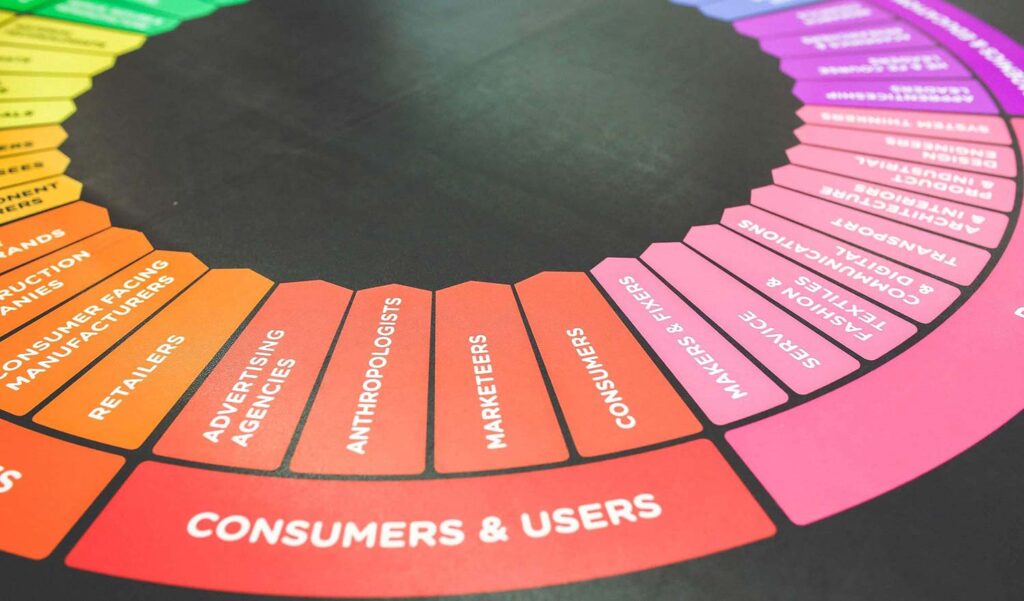The explosive growth of mobile app usage signals massive opportunity to be had in the space, but now developers face their biggest challenge yet: app discoverability.
Not only do developers have to contend with a rapidly evolving industry; they’re also facing more competition than ever.
At one point, the mobile app marketplace was small enough that “if you build it, they will come” still held true. Now, in its current hyper-saturated state, there are no guarantees.
Massive demand, increasing investment, decreasing technology costs, and standardized development tools have accelerated app growth exponentially. With more than a million active apps, most apps simply get buried if they don’t somehow make it onto a top-ten list.
While traditional marketing channels like PR and advertising still apply, success for the majority of developers will be dependent on vertical-specific tools to tap into the loyal, zealous consumer base that drives the bulk of revenue.
5 Mobile App Marketing Tools
App discovery and sharing tools are still in their infancy. Yet inevitably, they are growing in both volume and sophistication. The following are some of the more promising offerings that are emerging.
- Mobile App Search Engines App-specific search engines offer a promising alternative to mobile app stores. Most users rarely get beyond the featured pages of the latter. Vertical-specific search will enable users to be more intentional and targeted about app discovery while expanding the range of apps that they’re exposed to.
The challenges will be largely the same as what conventional search engines face: result relevancy, index comprehensiveness and personalization (based on search history, location, and social sharing). - Social Recommendation Tools As social data gets more widely integrated into apps, app recommendation tools will emerge that suggest apps based on peer activity and psychographics. Think an app-oriented Pandora or Spotify. The primary obstacle will be delivering relevant recommendations for users.
- Paid Marketing Tools for Developers Mobile advertising networks, e-commerce plug-ins, and social media marketing tools are some of the most prominent marketing tools for mobile app developers. This area is booming at the moment. New mobile app marketing start-ups seem to be springing up every week. Eventually, industry consolidation will leave a handful of pack leaders, but for now developers have to navigate through numerous solutions.
- Distribution Platforms Apple, Google, and Amazon’s app stores currently dominate, but more platforms are breaking into the market. Facebook’s mobile app platform is one of the biggest, while more segmented platforms are also cropping up to address niche audiences.
More competition between distribution platform providers is good for both developers and consumers in this area. It’s likely to drive down fees, yield new features, and better address user segments. - Cross-App Advertising Cross-app promotions can help developers push their other apps or leverage an advertising network. For example, you might promote a paid app through an app you offer for free. Or if you have an app that’s similar or complementary to another developer’s, you can cross-promote each other’s apps for free or on a commission basis.
Services like ChartBoost, Applifier or Tapfortap offer cross-app advertising networks and direct developer-to-developer relationships are not uncommon.

